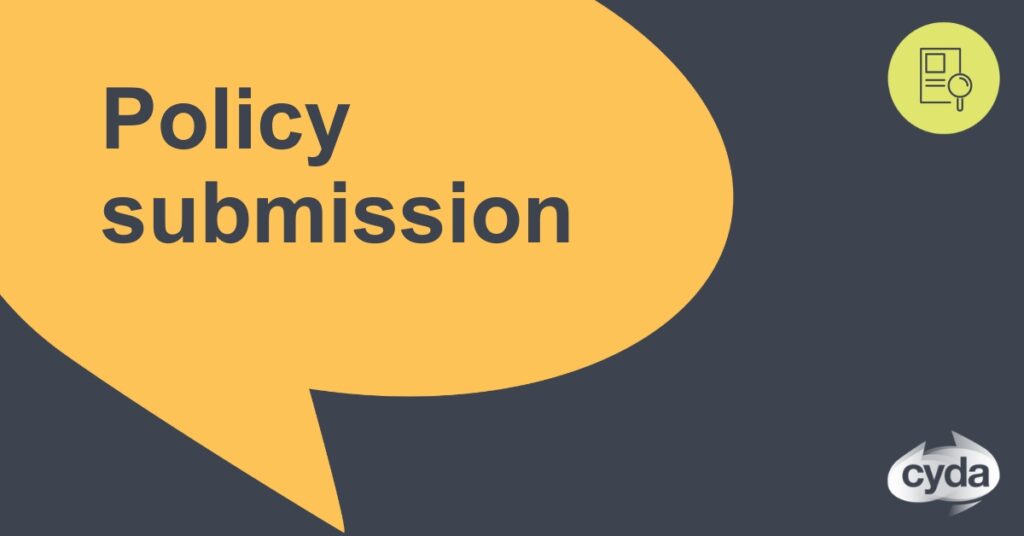The establishment of legislation around the National Disability Insurance Scheme (NDIS) is extremely challenging. The legislation needs to effectively enable the launch of the scheme in multiple locations, and allow capacity for refinement and evolution, while building in design features for the long term. It needs to clearly enshrine the rights of people with disability, in the design and delivery of their support services, and encourage and enable community engagement. It also needs to make clear how it will support children, young people and families. It must describe the fundamental cultural and policy shift towards inherent control and choice for people with disability, setting out a new regime for the funding and accountability of disability services where the individual is at the centre. Overlaying all of these imperatives is the need to safeguard the long term viability of the scheme and straddle the multiple interests of all governments in the Federation. Thus there is a clear and constant tension throughout the National Disability Insurance Scheme 2012 Bill (the Bill) between these competing but necessary joint roles of the legislation.


